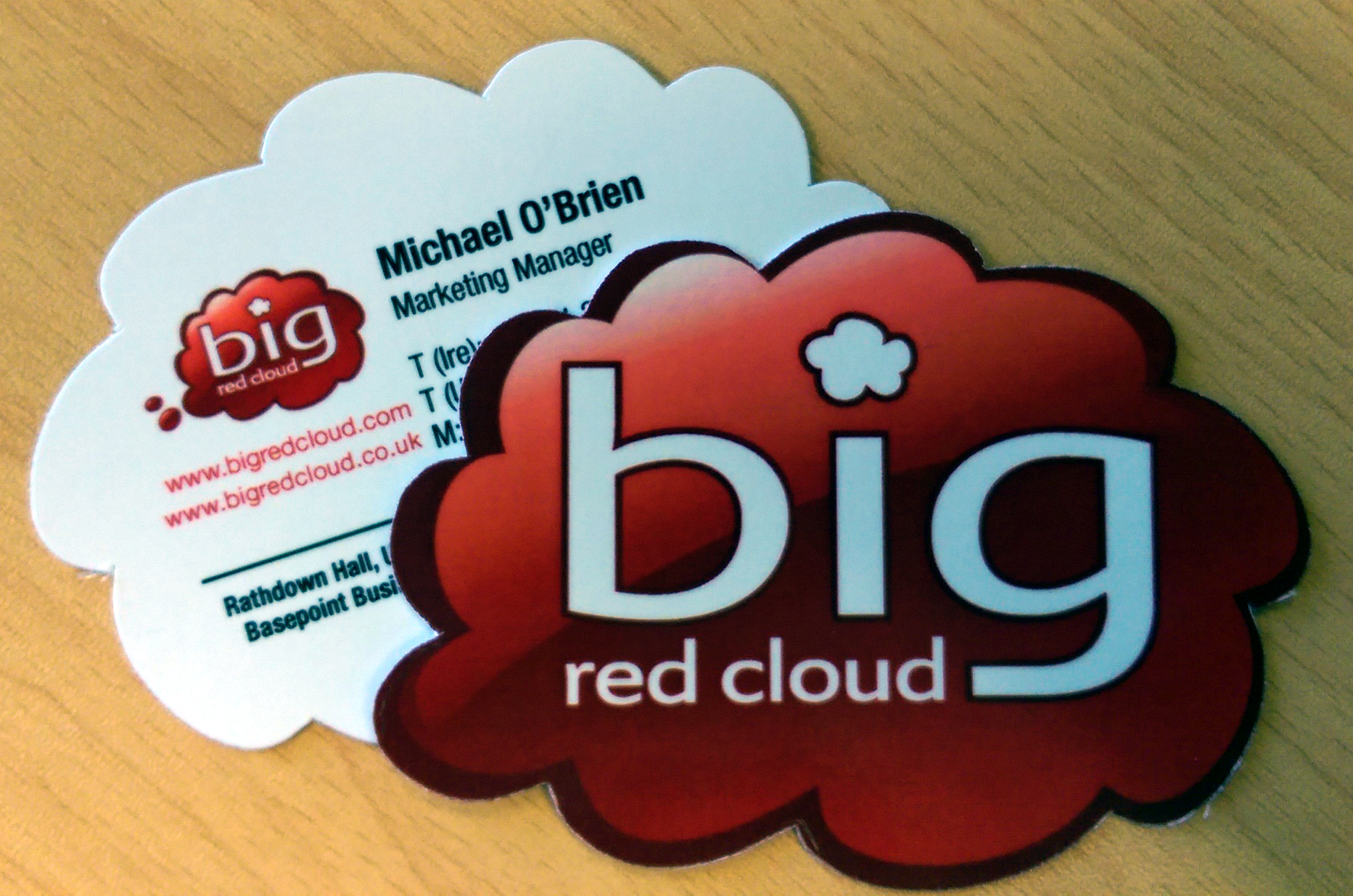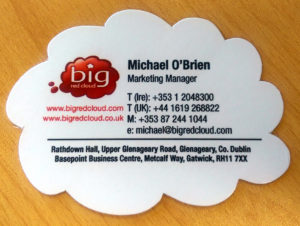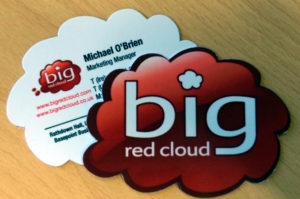With email, text messages and video conferencing, you may be wondering what to do with the boxes of business cards shoved at the bottom of your office desk drawer. Business cards seem to have gone the way of the dinosaur, becoming an obsolete promotional material that littered up a purse or wallet and hardly ever led to a positive lead. You might as well toss the cards into the recycling bin.
Wait! Before you toss those cards out, you may still want to hang on to them. Even though technology has basically wiped out a lot of old business techniques (does anybody use a Rolodex anymore?), it doesn’t mean that your business cards are on the same business tool’s extinction list.
Why business cards are still a necessity
Think about this scenario: You run across someone in the coffee shop, bakery, or along the street while walking the dog during your time off from the business. You first talk about ordinary things, but then the conversation turns more business-oriented as you find out the other person could turn into a great client for your business. When they ask for your phone number, you have absolutely nothing to give them. All you walked out of the house with was your keys, your wallet and your pooch.
Business cards are just the right type of business marketing tool that can be carried everywhere and at any time of the day. While many people would argue that smartphones can do the same job of jotting down a phone number or email address, remember that a business card doesn’t have to be constantly charged like a dead phone battery. A business card is always ready and always available to whip out of a wallet or purse. It also doesn’t require the other person to memorise your name and phone number while in a hurry.
Creates a personal and quick connection
While technology has become a great asset to make our lives easier, it also has a bit of a drawback. It is impersonal. Imagine having someone there that you are having a great business conversation with suddenly take out their smartphone to jot down a note or phone number. There is no longer eye contact, the conversation suddenly becomes stilted, and their attention begins to wander as they are also checking their emails and social media sites. A person can essential create a bad impression to a prospect.
A business card maintains the personal and quick connection you have made with a potential lead. It doesn’t interrupt the flow of conversation as they can quickly take the card and place it into a pocket while keeping their full attention on you. You appear professional and ready to handle any circumstance, as this creates a positive business relationship that the potential lead may want to build on later.
Business cards are easy to share
Not only do people often keep business cards readily available, they are also more prone to share the cards with other people if they had a satisfactory experience with your business. The person becomes a free marketing advocate who can convince friends and family members to also seek out your products and services.
Business cards are still a valuable asset to your promotional and marketing strategies. Monopolise on it by creating memorable business cards that help promote your company brand. Make your business cards professional and include the right contact information to ensure that people can easily find you.
Think of the business card as a brand extension. It’s your opportunity to place your brand in the hand of customers and prospects alike, providing tangible evidence of who you are and an easy to use reference if and when they want to contact you.






